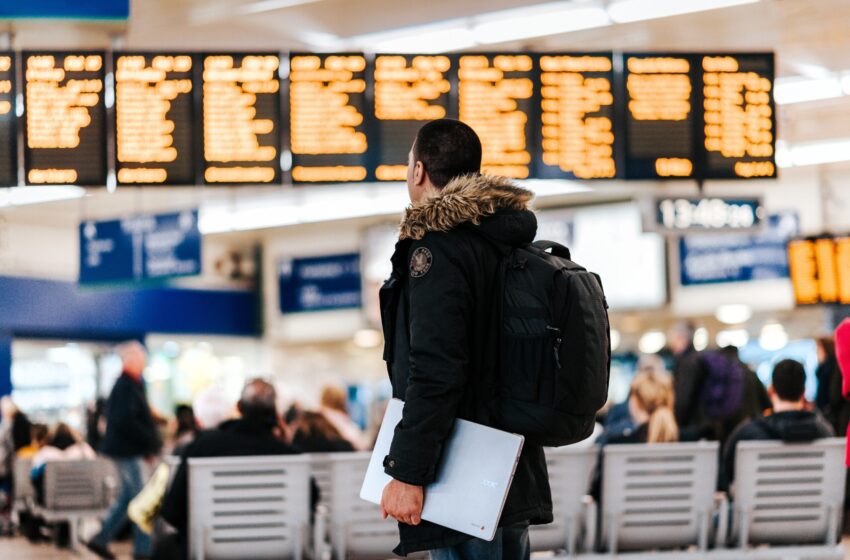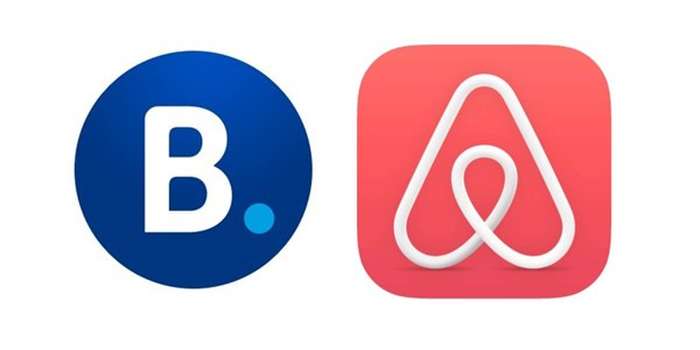Digital Revolution in the Travel and Hospitality Sector

There must be a digital revolution in the travel and hospitality sector. The last 20 years have seen profound changes in the economic sector. With the rise of new technologies, the old world, based on a physical model, has given way to new, fully dematerialized models. Particularly exposed, the hotel sector must face a set of societal, economic, and technological developments.
A new world, new threats
The digital reinvention has had a strong impact on many sectors, such as transport (aviation, taxis, etc.) or local commerce. For example, a third of US shopping centers are on the verge of closing. A major upheaval, due in part to competition from Amazon.
Through this technological means, new players such as Netflix or Uber have succeeded in a few years in disrupting existing models and becoming essential. A rapid development made possible by the democratization of the web and mobile devices has enabled these pure players to quickly afford a virtual reality monopoly situation by showing themselves to be more agile than traditional players.
A formidable competition in travel and hospitality sector

These developments have not spared the hotel industry. In a decade, companies in the travel and hospitality sector like Airbnb and Booking have come to cannibalize a well-established business model. Although they cannot be relocated, hotel establishments have lost significant market share with the arrival of this innovative competition, which is shaking up the game’s rules.
A travel and hospitality platform like Airbnb quickly established itself by its strength, which is based on 3 axes:
- a wide choice of accommodation;
- good value for money
- offer in line with new consumer expectations.
The platform offers 4 million homes on its site. This is more than all the Accor, Marriott, Hilton, and Intercontinental groups combined.
To meet these expectations, the travel and hospitality sector is turning to technology. Innovation makes it possible to meet customer expectations, stand out from the competition, and attract new customers.
While I was doing research on the Internet of Things and more generally using technologies in hotels, I was surprised by the technological explosion taking place in this industry. I share with you what I have learned.
Technology at the service of efficiency in travel and hospitality sector
In 2014, PricewaterhouseCoopers’ study already showed the hotel industry as the 5th industry to invest the most in sensors. Looking at industry news, this investment is now crucial to a positive customer experience.
Automation of check-in and check-out
To improve their efficiency, hotels are looking to automate their check-in process.
Mobile check-in is well on the way to becoming a standard, which will allow hoteliers to focus more on the guest experience.
Expansion of “keyless” systems in the coming years
Entrance cards will soon disappear and make way for mobile applications, which will effectively “be the key” to rooms.
Creating a more personalized experience
Personal data has become the number one resource for businesses. There is a lot of information hidden in this data, and it can help hoteliers add a “personal touch” to each guest’s stay.
Imagine that a hotel knows that its client is fond of exercise, or if they have a food intolerance (or preference). He will offer his guest, for example, free access to the gym or even welcome him with a personalized basket intended for his consumption.
The role of technology is no longer in doubt when it comes to the travel and hospitality sector future. Still, there is something technology can never really replace the human connection.
Today, human interactions are less and less frequent, but they are of much greater value when they do. Hoteliers cannot afford to forget about this human interaction.